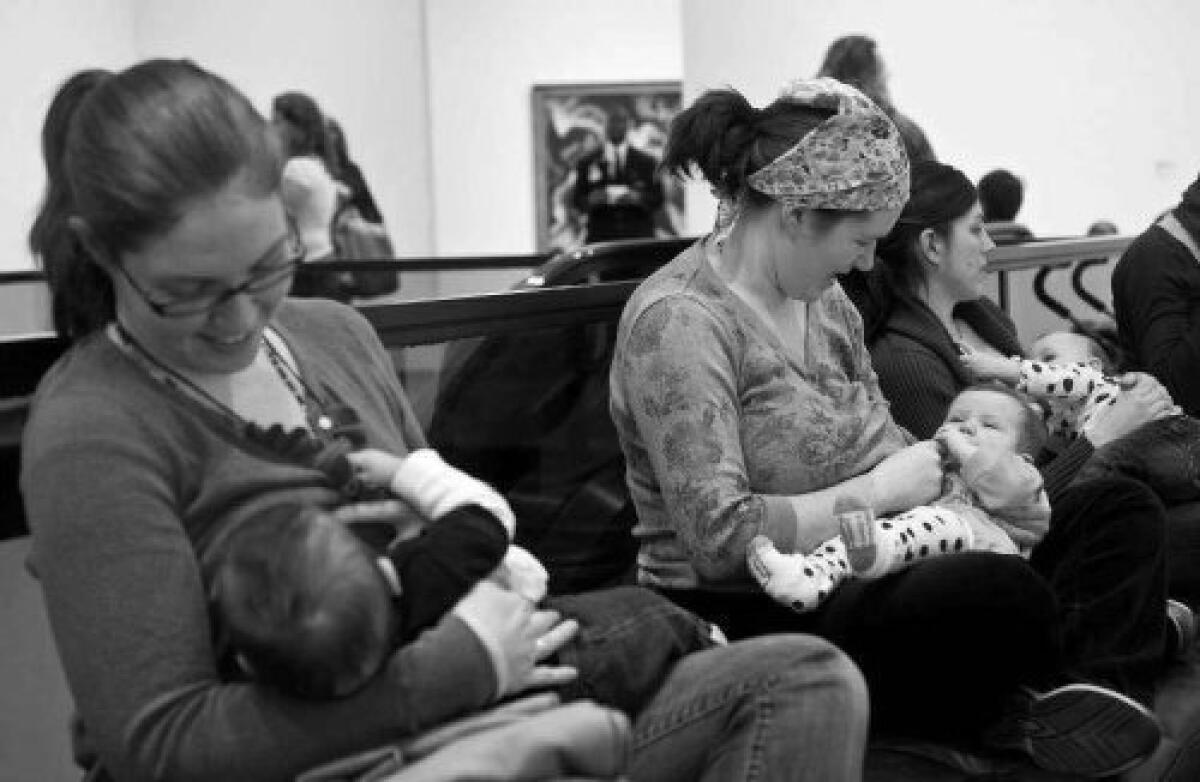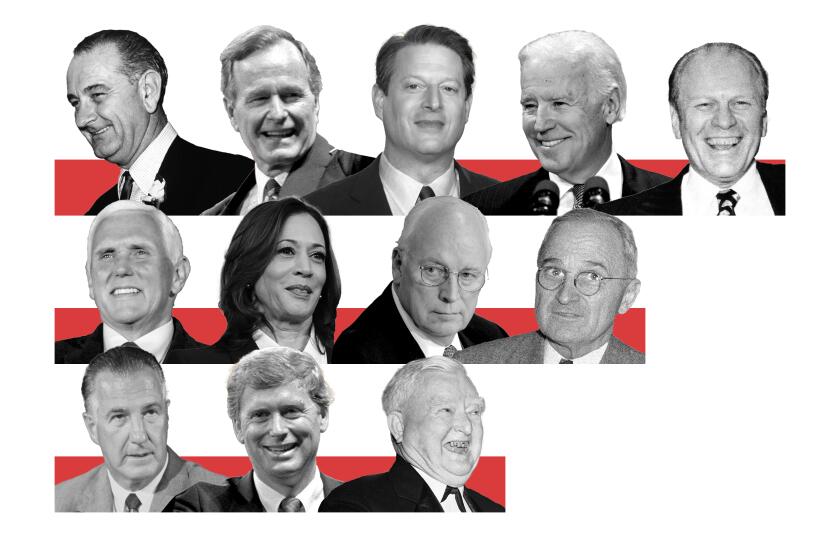Where are the supportive breastfeeding policies?

New moms are told “breast is best” ad nauseam. The message to breastfeed is on posters and fliers in doctors’ offices, and repeated by healthcare workers and politicians alike. Yet physical, social and financial barriers stand in the way of many women breastfeeding their babies -- and policies in the U.S. to help new moms are scant.
Studies show that breastfeeding has long-term health benefits for both mother and baby. Babies who are breastfed are less likely to become obese or have digestive and dental problems. Breastfeeding is also said to reduce the chances of a mother getting breast and ovarian cancer later in life. If we want to reap the health benefits, and long-term cost-cutting measures that breastfeeding could bring, we need to do a better job of helping women do so successfully.
One of the biggest obstacles new moms face when it comes to breastfeeding is social stigma. Some women actually worry that it’s immoral because breasts have become so sexualized. So, in the U.K., a team of researchers at Sheffield University are conducting a study to see whether financial incentives can help motivate women to breastfeed. The idea is that if it inspires enough women to breastfeed, eventually the stigma around breastfeeding will dissolve.
The study has its share of critics, who say the experiment is “patronizing” and “loathsome.” But breastfeeding numbers in the U.K. have dropped for the first time in a decade. Data released over the summer suggest that 5,700 fewer women initiated breastfeeding than the year before. It is the first drop to be recorded since the U.K.’s Department of Health started collecting and releasing the data in 2004, reports the Telegraph. There are also low-income communities in the U.K. where breastfeeding is rare. A cash incentive could be a step in the right direction. At least researchers are trying to find a solution.
Meanwhile, in the U.S., we’re pathetically lagging behind – and that’s with the new policies designed to encourage breastfeeding put in place by President Obama’s Affordable Care Act.
We continue to be the least generous industrialized nation when it comes to parental leave. That puts us in a category with Swaziland, Papua New Guinea and Lesotho as the only nations in the world that do not require paid maternity leave for new mothers. The U.S. also guarantees new moms only 12 unpaid weeks off even though breastfeeding is recommended for six months. No wonder only 29% of U.S. women breastfeed their babies for the first six months after birth.
Once mothers go back to work, they encounter more complications. For one thing, mothers have to be able to afford the equipment to maintain their breast milk supply. Breast pumps -- equipment necessary for working mothers to maintain supply when away from their babies for hours at a time -- cost up to $300.
As of Aug. 1, 2012, the Affordable Care Act is supposed to cover the cost of some breast pumps, but because the law’s wording is vague, insurance policies differ in what’s covered. One insurance company may cover the full cost of an electric pump, whereas another may cover only the cost of renting a pump or the purchase of a manual pump, according to a report published by the U.S. Breastfeeding Committee this summer. And getting those breast pumps can be a complicated and convoluted process, with the report citing insurance companies’ requiring paperwork that can take weeks to fill out.
Working moms also need to find places to take breaks to pump a few times per day. According to the new healthcare law, employers are required to provide “a place, other than a bathroom, that is shielded from view and free from intrusion from coworkers and the public, which may be used by an employee to express breast milk.” Whether that means pumping in a supply closet or a spare office is up to the employer’s discretion.
We set mothers up to fail by telling them “breast is best” for their babies, then doing little to support them. Even Russia, with its dubious record on human rights, takes care of its new moms by giving them 140 days of paid maternity leave.
ALSO:
Jennifer Lawrence’s body issues are good for women
Photo essay: Obamacare -- and 8 other bungled launches
GOP filibuster of judges is a war, but it’s not a war on women
Susan Rohwer is a freelance journalist. Follow her on Twitter @susanrohwer.
More to Read
A cure for the common opinion
Get thought-provoking perspectives with our weekly newsletter.
You may occasionally receive promotional content from the Los Angeles Times.










